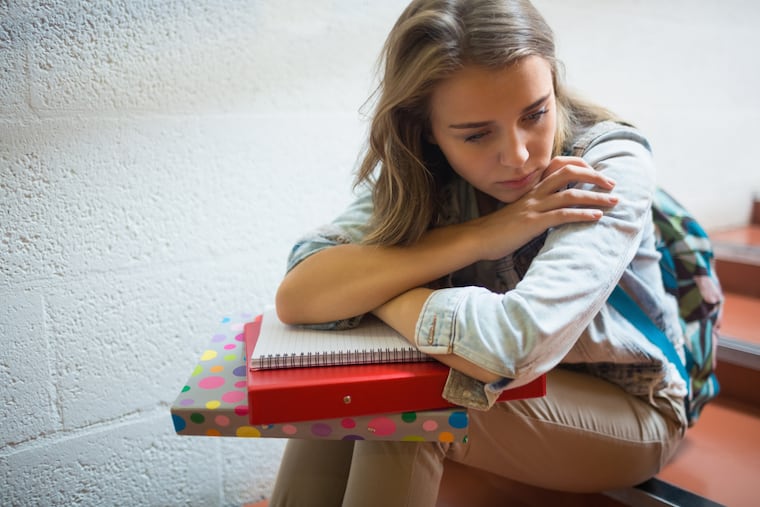Transitioning from high school to college for teens with autism
Transitioning to college is a big adjustment for any incoming freshman and their parent. For young adults on the autism spectrum, this can raise a whole new world of concerns. Here's how you can prepare your child.

Transitioning to college is a big adjustment for any incoming freshmen and their parents. For young adults on the autism spectrum, this can raise a whole new world of concerns. Many parents of college students with autism wonder: Will my child be able to handle the independence? Will he or she fit in?
Try not to worry about those questions too much. These nervous feelings are completely normal and understandable, and we often see success stories right here at St. Joseph's University. For example, we had a parent express concerns a few years ago about her son's ability to thrive at college while living independently. He visited our campus as a junior in high school and they eventually decided to try our autism support program.
As an incoming freshman, the student strongly felt he did not need any accommodations, whereas his parents were concerned that the support wouldn't be enough. They weren't sure if he would be able to successfully self-advocate and branch out on campus.
Over the years, his case manager and peer mentor through the Kinney Center for Autism Education and Support helped connect him with social opportunities and clubs on campus, and helped him navigate academics, too. Today, he is a senior preparing for graduation and considering his graduate school choices. He has a strong GPA, a group of close friends, and a bright future ahead of him. He's a shining example of how students with autism can go on to succeed in college.
There are many things parents of high school seniors on the autism spectrum can do now to prepare their child for a more independent lifestyle in the future.
Prepare for accommodations: Colleges and universities will require documentation within three years stating your child's diagnosis and current needs, which is designed to help disability personnel shape the accommodation plan. Colleges won't modify the curriculum, but accommodations can be made for academic assistance. Additionally, students will need to self-identify their diagnosis to the disability services office on campus.
Practice self-advocacy: In high school, parents typically act as the advocate on behalf of their child. In college, students are expected to navigate independently and self-advocate when needed. Encourage your child to practice self-advocacy before college by taking more of a leadership role during Individualized Education Program meetings and communicating with teachers.
Prepare for independent living: It's important that your child prepare for a more independent lifestyle by practicing college life skills such as making doctor's appointments, making purchases on a budget, doing laundry, and preparing small meals. Seeing their ability to complete these tasks firsthand will help give you peace of mind while they're away.
Identify new activities: After high school ends, make sure to find community activities of interest to keep your child engaged in what he or she enjoys doing and to maintain quality of life. Plus, it's important that your child take advantage of opportunities to get involved in college.
Let your child make mistakes: Allowing your son or daughter to make their own mistakes forces them to learn from the experience and grow for the future. Every mistake allows them to discover more about their limits and capabilities.
Connect with other parents: Joining or creating a shared online platform to connect with other parents who are navigating the same new challenges is a great way to feel connected, stay informed, and bond about personal stories, issues, and share advice.
It is important to remember that you are not alone. Although this change can be jarring, the preparation instilled before departure is the key to your child's success – and yours, too. Many universities offer academic and social accommodations to support students with autism and other disabilities that can make this transition much smoother.
Theresa McFalls is the associate director of community outreach and Bridget McElroy is the assistant director of program support at the Kinney Center for Autism Education and Support at St. Joseph's University.